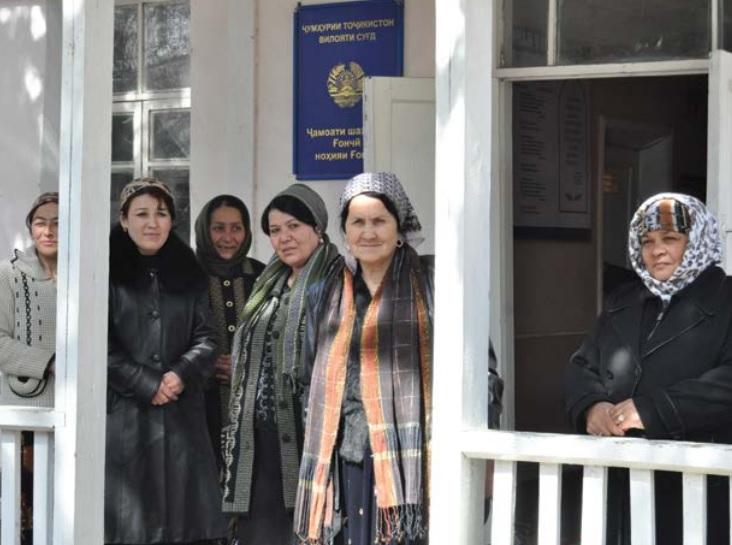
The end of the oppressive Assad regime in Syria in late 2024 has been broadly welcomed on the global stage – underscored by the fact the United States and Eu
According to the Ploughshares, in 2005, armed conflicts raged in 27 countries. In five of them, casualties exceeded 100,000 people, and the indirect costs in human capital, infrastructure and effect on future development are beyond estimation. The transition period begins when wars end through negotiated settlements or other means. With international and regional assistance, parties seek ways to deter the cycle of conflict by establishing a stable government to protect and provide for its citizens.
Formally and informally, women around the world are contributing to post-conflict reconstruction in the areas of security, justice and reconciliation, governance and socio-economic development. In 2000, the United Nations (UN) Security Council passed resolution 1325, a landmark decision mandating the participation of women in peace processes. Since the adoption of the resolution, awareness of the importance of including women in peace and reconstruction processes has grown enormously. Yet, implementation of the resolution’s mandate remains sporadic and ad hoc, and the gaps in practice are vast. Nonetheless, women’s participation in post-conflict reconstruction processes continues to increase.
In Sri Lanka, pressure by women’s organizations led to the establishment — within the structure of the formal negotiations — of a ten-member Subcommittee on Gender Issues in 2002. In Northern Ireland, women representatives were trusted as mediators during conflict negotiations, with such trust stemming from the women’s platform of respect for human rights, inclusion and equality. In Haiti, the women’s ministry and women’s organizations participated in a consultative process, resulting in the UN mission incorporating women’s priorities into its mandate and establishing the Disarmament, Demobilization and Reintegration Programme. In Rwanda, women formed the first cross-party parliamentary caucus composed of both Hutus and Tutsis, addressing issues of concern to women from all political parties. In Sierra Leone, a women’s task force was established to foster women’s participation in the design of the Truth and Reconciliation Commission and the special unit investigating war crimes. According to the World Bank, in Afghanistan, efforts by the international community and local women’s organizations have led to girls accounting for 40 percent of all children attending school in 2003, compared to only 9 percent before the war.
While significant and encouraging, such examples and best practices do not equate with the systematic inclusion of women in peace processes. It remains critical to amplify the role and contribution of women during political transitions to capitalize on this window of opportunity.


The end of the oppressive Assad regime in Syria in late 2024 has been broadly welcomed on the global stage – underscored by the fact the United States and Eu

Just four years ago, a woman in Afghanistan could technically decide to run for President, attend university, or play sports.

Women bring different perspectives of cultures and conflict and when those voices are at the negotiating table a lasting peace is more likely, writes Maha Akeel.
As women worldwide grapple with tears and grief, Afghan women endure deafening silence resonating around the world with different stages of bans and sanctions since the Taliban has taken over this land.
As women worldwide grapple with tears and grief, Afghan women endure deafening silence resonating around the world with different stages of bans and sanctions since the Taliban has taken over this land.
This is the second issue of our policy insight series on gender-inclusive conflict transformation. This paper explores the political re-conversion pathways that women ex-combatants pursue after the signing of a peace agreement.
This is the second issue of our policy insight series on gender-inclusive conflict transformation. This paper explores the political re-conversion pathways that women ex-combatants pursue after the signing of a peace agreement.
Haiti’s transitional government is promising to restore democracy, human rights, and stability after
Haiti’s transitional government is promising to restore democracy, human rights, and stability after
The world’s longest-serving female leader was, according to her son, “in good spirits, but disheartened and disappointed in the lack of gratitude of the people of Bangladesh”.
The world’s longest-serving female leader was, according to her son, “in good spirits, but disheartened and disappointed in the lack of gratitude of the people of Bangladesh”.